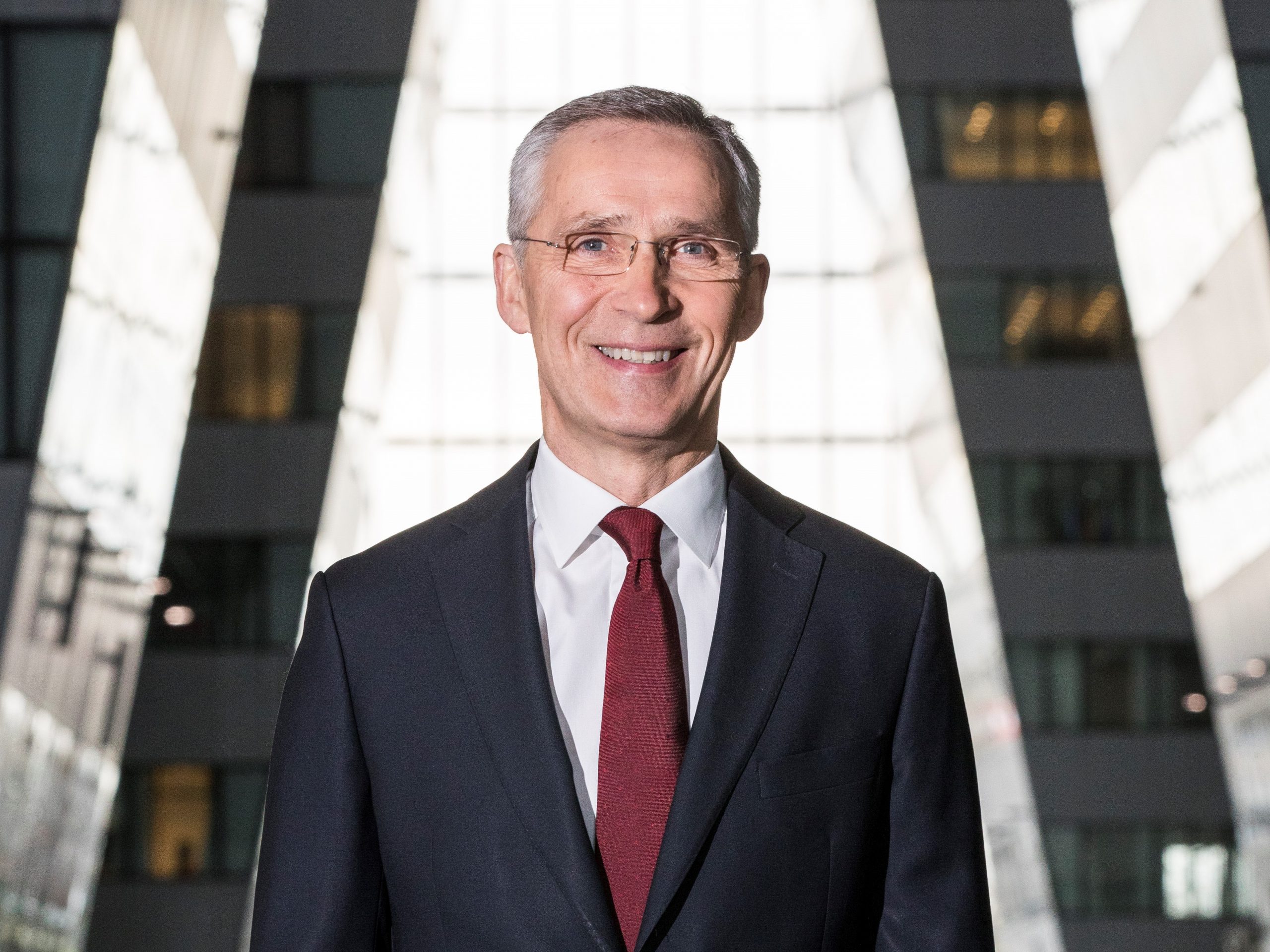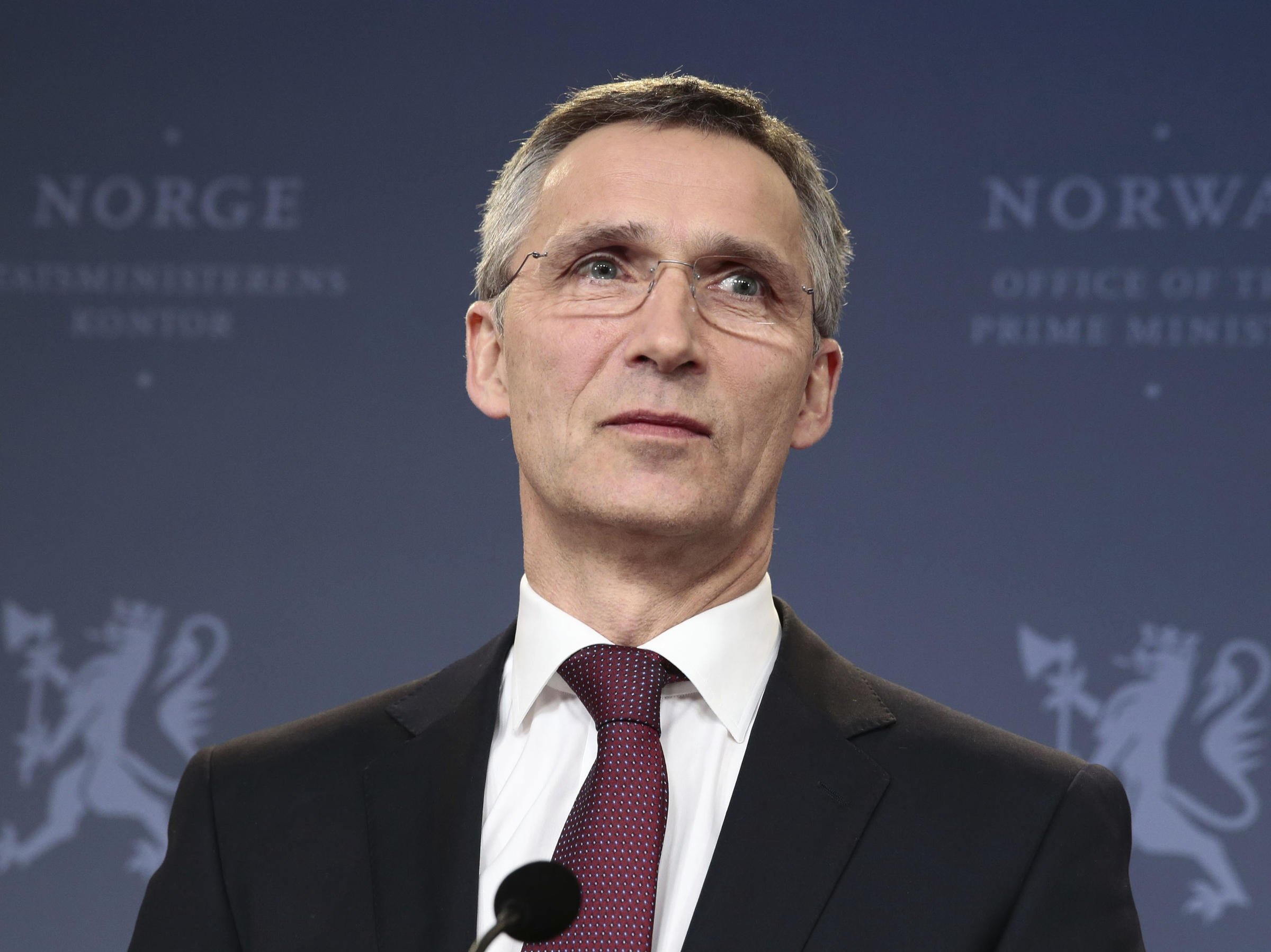NATO’s Role Under Stoltenberg: Jens Stoltenberg

Jens Stoltenberg has played a pivotal role in shaping NATO’s strategic direction and priorities during his tenure. His leadership has been instrumental in enhancing NATO’s military capabilities, fostering cooperation with partner nations, and addressing global security concerns.
Enhancing NATO’s Military Capabilities, Jens stoltenberg
Under Stoltenberg’s guidance, NATO has significantly strengthened its military capabilities. He has overseen the implementation of the Readiness Action Plan, which has increased the number of high-readiness forces and improved the alliance’s ability to respond quickly to crises. He has also championed the development of new technologies, such as cyber and space capabilities, to ensure that NATO remains at the forefront of military innovation.
Fostering Cooperation with Partner Nations
Stoltenberg has placed a strong emphasis on fostering cooperation with partner nations. He has strengthened partnerships with countries such as Ukraine, Georgia, and Australia, and has worked to build bridges between NATO and the European Union. These partnerships have enhanced NATO’s ability to project stability and security beyond its borders and have contributed to a more secure and prosperous Euro-Atlantic region.
Addressing Global Security Concerns
Stoltenberg has been at the forefront of NATO’s efforts to address global security concerns. He has played a key role in coordinating the alliance’s response to the ongoing conflict in Ukraine, and has worked to strengthen NATO’s resilience against threats such as terrorism and cyber attacks. His leadership has helped to ensure that NATO remains a vital force for stability and security in an increasingly complex and challenging world.
Jens Stoltenberg’s Vision for NATO’s Future

Jens Stoltenberg, the Secretary General of NATO since 2014, has articulated a clear vision for the future of the organization. He believes that NATO must continue to adapt to the changing global security landscape, strengthen its political cohesion, enhance its technological capabilities, and expand its partnerships. He has also emphasized the importance of addressing emerging threats, such as climate change and terrorism, and promoting stability in the Euro-Atlantic region.
Strengthening Political Cohesion
Stoltenberg has called for a renewed focus on political cohesion within NATO. He believes that the organization must be able to make decisions quickly and effectively, and that this requires a strong sense of unity among its members. He has also stressed the importance of building consensus on key issues, and of finding ways to accommodate the different perspectives of member states.
Enhancing Technological Capabilities
Stoltenberg has also emphasized the need for NATO to enhance its technological capabilities. He believes that the organization must be able to keep pace with the rapidly evolving threats it faces, and that this requires investment in new technologies, such as artificial intelligence and cyber defense. He has also called for a greater focus on innovation, and for NATO to work closely with the private sector to develop new technologies.
Expanding Partnerships
Stoltenberg has also called for NATO to expand its partnerships with other countries and organizations. He believes that NATO must be able to work with a wide range of partners to address the challenges it faces, and that this includes building relationships with countries in the Middle East, Asia, and Africa. He has also emphasized the importance of working with international organizations, such as the United Nations and the European Union.
Addressing Emerging Threats
Stoltenberg has also highlighted the importance of addressing emerging threats, such as climate change and terrorism. He believes that NATO must be able to adapt to new challenges, and that this requires a comprehensive approach that includes both military and non-military measures. He has also called for NATO to work with other organizations to address these threats, and to develop new strategies to prevent them from destabilizing the Euro-Atlantic region.